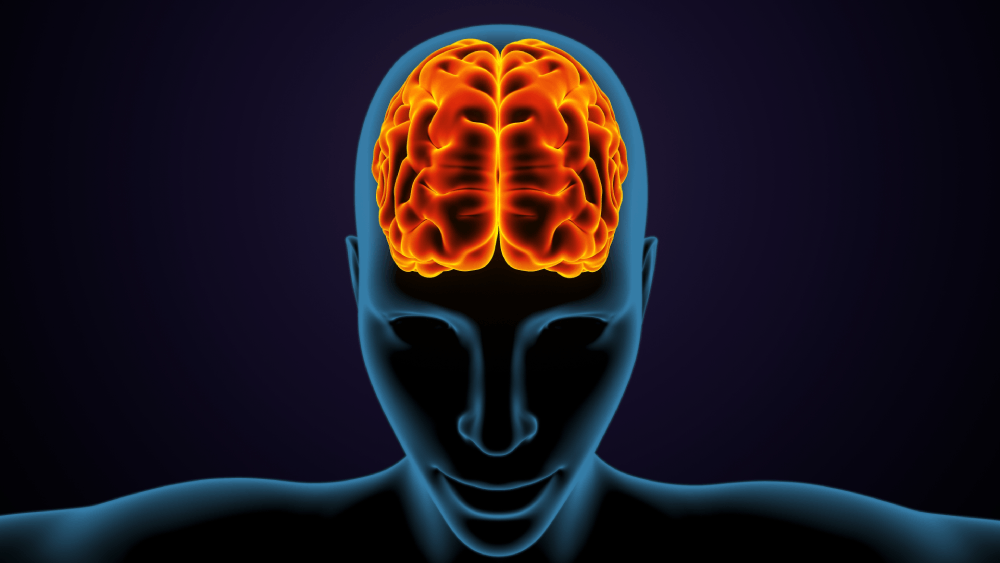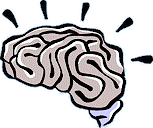How Marijuana Affects Your Brain

When you use marijuana, its compounds can start changing the way your brain works almost right away. You might notice shifts in your mood or how you process information, but there’s a lot more happening under the surface. These changes aren’t just temporary—a pattern of use can have lasting consequences, especially if your brain’s still maturing. So, what exactly is going on in those neural pathways when you light up?
Key Takeaways
- Marijuana’s main psychoactive compound, THC, alters mood, perception, and cognitive function by interacting with brain receptors.
- Heavy and frequent cannabis use can reduce brain activation in areas responsible for memory and decision-making.
- Adolescents are particularly vulnerable, as marijuana can disrupt brain development and lead to long-term cognitive decline.
- Marijuana use may increase risks for mental health issues, such as schizophrenia and worsened PTSD symptoms, especially in young or susceptible individuals.
- Long-term or heavy use can cause lasting impairments in working memory and decision-making abilities.
Understanding Marijuana and Its Key Components
Marijuana is derived from the cannabis plant and contains numerous chemical compounds, among which tetrahydrocannabinol (THC) is primarily responsible for its psychoactive effects. THC interacts with specific receptors in the brain, leading to changes in mood and perception.
In addition to THC, marijuana contains over 100 phytocannabinoids, with cannabidiol (CBD) being notable for its potential therapeutic applications due to its non-psychoactive properties.
Cannabis is available in various strains, each with differing impacts on brain function based on the THC and CBD content. The method of consumption—whether smoking, vaping, ingesting, or topical application—also influences the onset and nature of the effects experienced.
Effects on Brain Structure and Cognitive Function
Cannabis use, particularly when heavy or prolonged, can have notable effects on brain structure and cognitive function. Research indicates that heavy users may experience reduced brain activation during tasks related to memory and decision-making.
The presence of THC, the psychoactive compound in cannabis, can influence areas of the brain responsible for attention and emotional processing, potentially leading to cognitive impairments. Adolescents are especially vulnerable, with a risk of developing fewer neural connections and experiencing long-term declines in cognitive performance.
Studies have shown that 63% of heavy cannabis users demonstrate decreased cognitive function during tasks involving working memory. These effects aren't exclusive to chronic users; even recent cannabis use has been associated with changes in brain structure and function.
Marijuana Use in Adolescence and Brain Development
Adolescence is a crucial period for brain development, and introducing cannabis during these years can interfere with normal growth processes.
Research indicates that frequent cannabis use among adolescents may lead to changes in brain structure, such as the thickening of cerebral cortices, which can negatively impact cognitive performance. In addition to concerns about cognitive development, there are important questions regarding whether substances like marijuana may trigger other neurological issues—for example, can marijuana cause seizures is a topic of ongoing research and clinical interest.
Biological differences in the brain may increase susceptibility to initiating cannabis use and experiencing adverse effects.
The NIH’s Adolescent Brain Cognitive Development (ABCD) Study is gathering data on the effects of early cannabis use on brain development and cognitive abilities in young individuals.
With cannabis use disorder affecting approximately 23% of adolescents, understanding the vulnerability of the adolescent brain during this stage is essential.
Mental Health Considerations and Substance Interactions
Cannabis use presents notable risks concerning mental health, particularly for adolescents and individuals with pre-existing vulnerabilities.
Adolescents are more prone to developing cannabis use disorder, a condition closely linked to various mental health issues. Research indicates that frequent cannabis use may heighten the risk of schizophrenia, especially in young males, and may exacerbate symptoms of post-traumatic stress disorder (PTSD) over time.
Additionally, combining cannabis with substances such as alcohol can increase the likelihood of developing severe substance use disorders.
Cannabidiol (CBD), often perceived as a safer alternative, isn't without risks; it can interact with psychiatric medications, potentially leading to adverse effects due to changes in how these medications are processed in the body.
Long-Term Outcomes and Ongoing Research Directions
Current research on the long-term effects of cannabis on the brain indicates a reduction in activity in areas related to decision-making and memory, particularly among individuals who use cannabis heavily.
Longitudinal studies have demonstrated that heavy cannabis users may experience lasting cognitive impairments, such as diminished performance on tasks requiring working memory. This is especially concerning for young adults, who appear to be more vulnerable to these effects.
Ongoing research emphasizes the importance of further longitudinal studies to better understand the long-term outcomes of cannabis use.
It's crucial to assess both the cognitive risks and the potential therapeutic benefits that cannabis may offer. Researchers continue to explore ways to balance the impact on brain function with the potential medical applications of cannabis, highlighting the need for a nuanced understanding of its effects.
